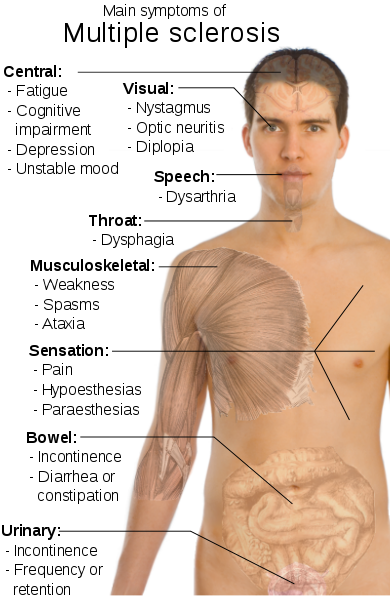
Yersiniosis is a relatively rare infection came from the ingestion of insufficiently meat, unpasteurized milk or water contaminated by bacteria.
Normally, a person with an infection caused by a bacterium Yersinia recovers in a few days without medical treatment (in some cases, doctors prescribe antibiotics).
About Yersinia Enterocolitica
Of the three main types of yersiniosis affect people, Yersinia enterocolitica (bacteria thrive with cool temperatures) are responsible for most infections in the United States. however, there is only one confirmed case of 100,000 people every year.affects the digestive system.
The bacteria can infect the digestive system of humans, cats, dogs, pigs, cows and goats. People can contract by eating or handling contaminated food such as raw or undercooked meat or drinking untreated water or unpasteurized milk that was contaminated.
A baby can become infected if a parent or guardian is responsible for cleaning contaminated food without properly before handling the baby toys, bottles or pacifiers.
Signs and symptoms
Symptoms of yersiniosis appear 4 to 7 days after exposure and can last up to 3 weeks. they include fever, abdominal pain, nausea, vomiting and bloody diarrhea. Sometimes, older children also feel pain in the lower right side of the abdomen that can mimic appendicitis.
If your child has these symptoms, contact your doctor. Children, it is especially important to call your doctor as soon as symptoms appear to prevent infection leads to other health problems.
In rare cases, infection can cause a rash or joint pain that appears a month after the first symptoms. but these symptoms disappear without treatment.
Treatment
Diarrhea caused by yersiniosis generally goes to the same, although in some cases, antibiotics are prescribed. In infants, however – especially those who are 3 months or less – can become a more serious condition called bacteremia, a blood infection. Infants who contract yersiniosis are usually treated in a hospital.
Depending on the severity of diarrhea, your doctor may change your child’s diet for 1-2 days and encourage the child to drink more fluids (which may include drinks with electrolytes to replace body fluids quickly.)
If your child has frequent episodes of diarrhea, look for signs of dehydration, including:
- Severe thirst
- Dry mouth or tongue
- Sunken eyes
- Dry skin
- Rarely urination
- In children, a dry diaper for several hours
Prevention
To reduce the risk of yersiniosis, take the following precautions:
- Don’t eat raw meat or serve undercoooked.
- Power and serving of milk products or milk.
- Wash hands with soap and water, especially before eating and preparing food, before touching the children or their toys, bottles or pacifiers, and after contact with animals or handling raw meat.
- Use separate cutting boards for meat and other foods.
- Clean all cutting boards, counters, and utensils with soap and warm water after preparing raw meat.
- Always cook meat before eating, especially pork products.
- Removal of animal feces and wastewater something they have touched.
- Avoid drinking directly from natural water sources such as ponds and mountain streams, especially if the water is near farmland where cattle, pigs, goats are raised.
- When you care for a family member who has diarrhea, remember to wash hands thoroughly before touching other people and before handling food.
- If your dog or cat has diarrhea, wash your hands every time you take care of him, and seek veterinary care and / or infectivity.
When to call the doctor
Call your doctor if your child:
- A diarrhea traces of blood
- There is a vomit
- Shows signs of dehydration
With a little rest, usually children yersiniosis make a full recovery soon.
RSS feed for comments on this post. TrackBack URL